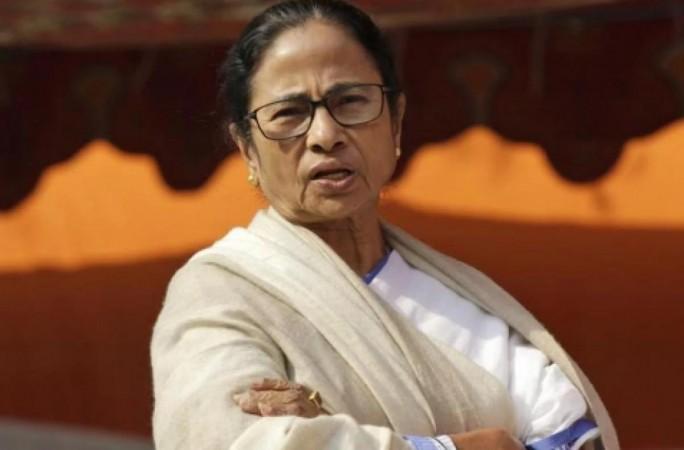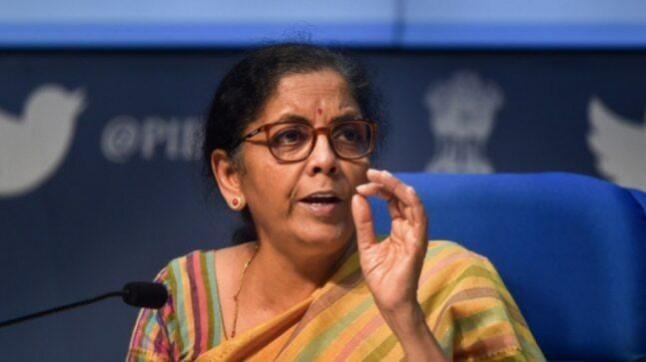Amid calls for full exemption of goods and services tax (GST) on vaccines, Finance Minister Nirmala Sitharaman on Sunday said that a complete waiver may lead to a rise in their prices, impacting the common man.
Responding to West Bengal Chief Minister Mamata Banerjee's letter to the Prime Minister seeking support to improve the health infrastructure, along with removal of GST and customs duty from life-saving drugs and equipment, Sitharaman noted that vaccine makers would not be beneficiaries of input tax credit in case GST is exempted.

Consequences of GST waiver
The Finance Minister was of the view that a "nominal 5 per cent GST is in the interest of the domestic manufacturer of vaccine and in the interest of the citizens".
"If full exemption from GST is given, vaccine manufacturers would not be able to offset their input taxes and would pass them on to the end consumer/citizen by increasing the price," she said.
The minister noted that GST at rates varying from 5 per cent on vaccines to 12 per cent on Covid drugs and oxygen concentrators is applicable to domestic supplies and commercial import of these items.

If IGST of Rs 100 is collected on an item, Rs 50 accrues to the Centre and the states each as CGST and SGST, respectively. Further 41 per cent of the CGST revenue is devolved to states. So out of a collection of Rs 100, as much as Rs 70.50 is the states' share, she said in another tweet.
She noted that Covid vaccines are being provided free of cost by the Centre to those who are 45 years of age and above and to all frontline workers and on government supplies, GST is also paid by the government.
She also said that in order to augment the availability of these items, the government has also provided full exemption from basic customs duty and health cess to their commercial imports.
(With inputs from IANS)















